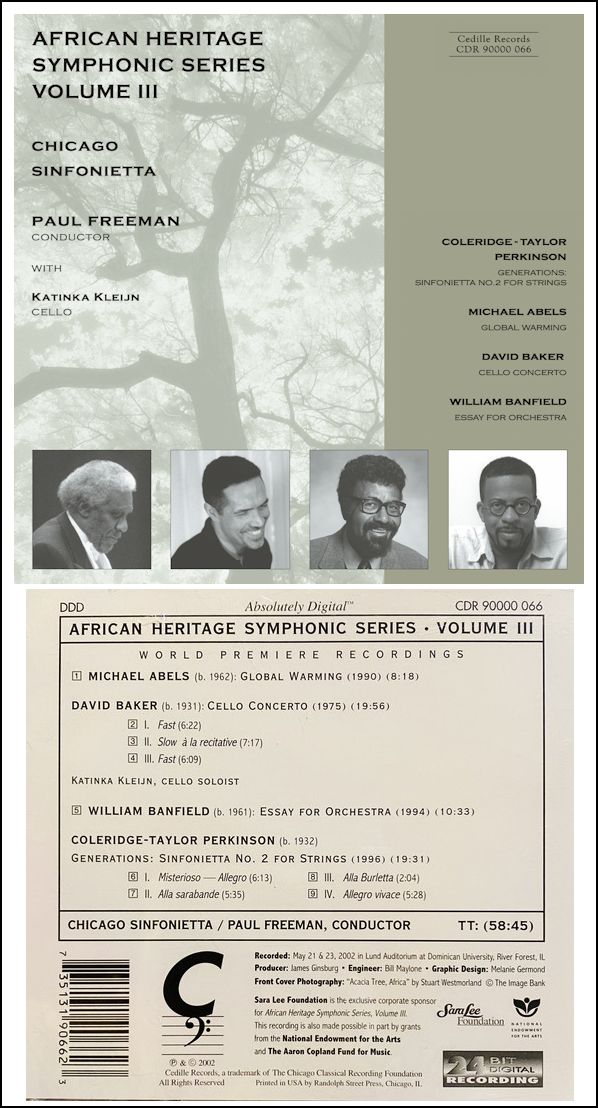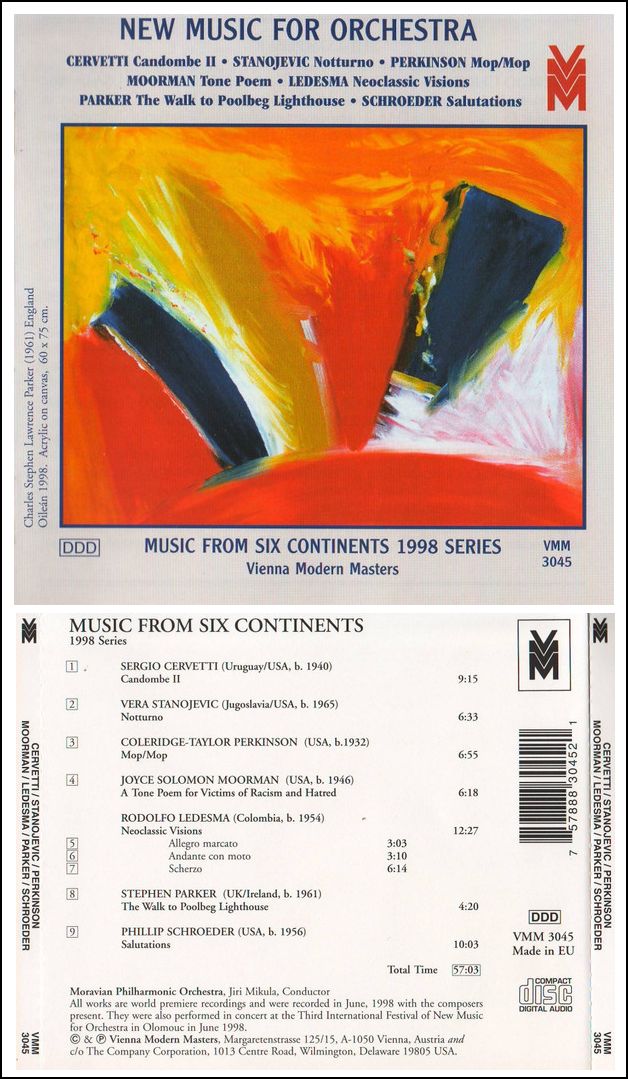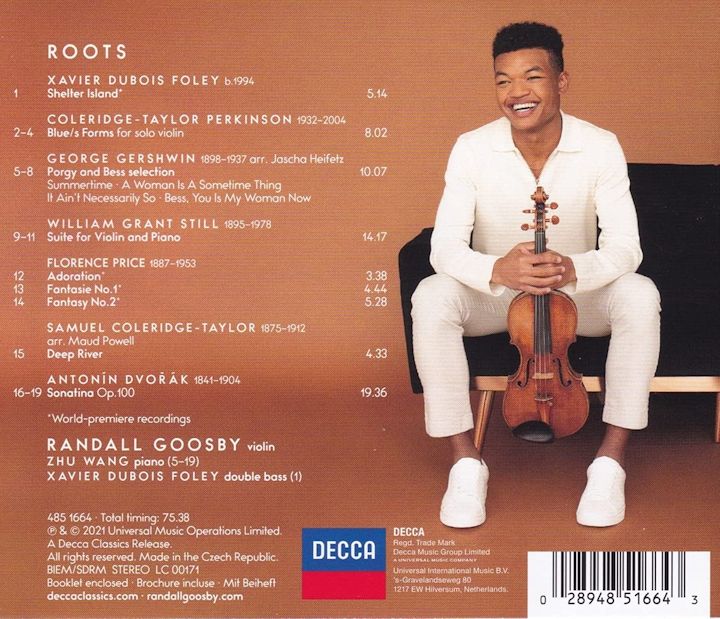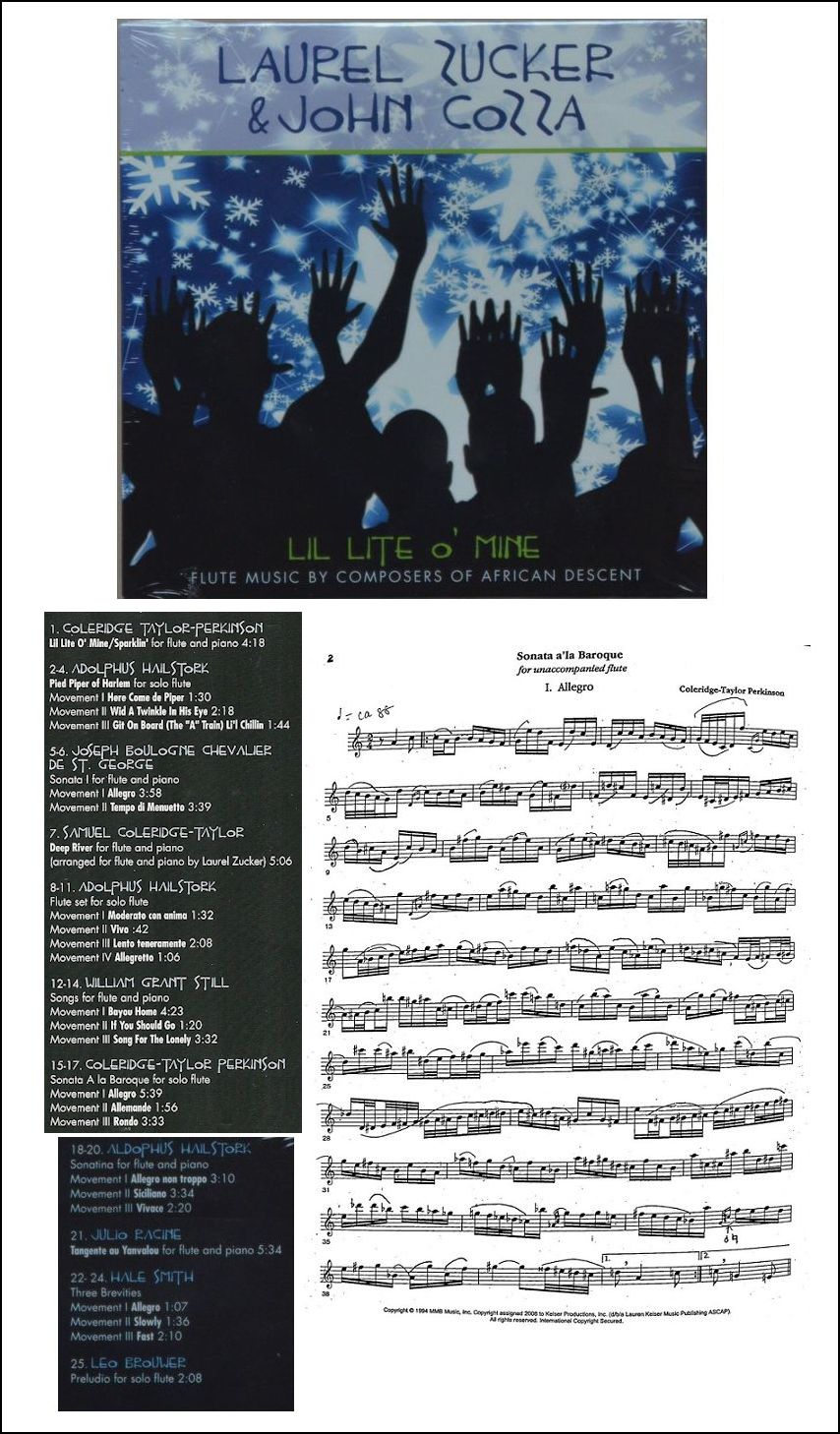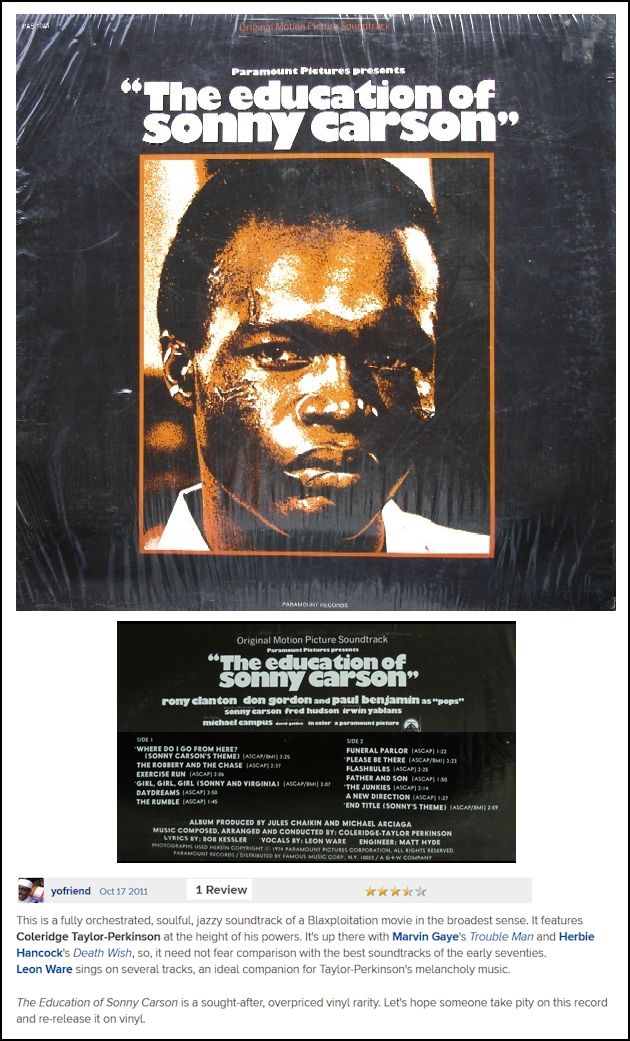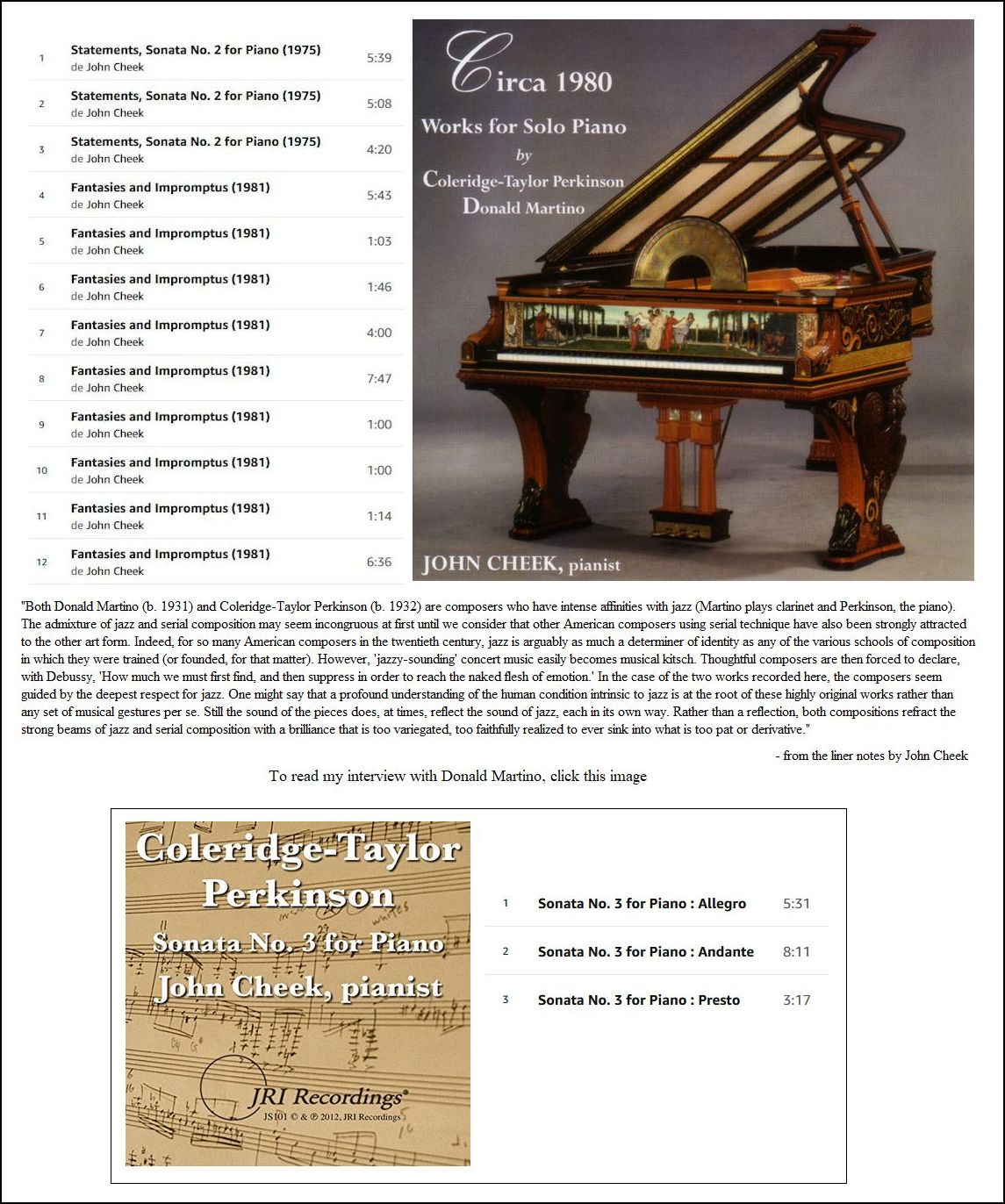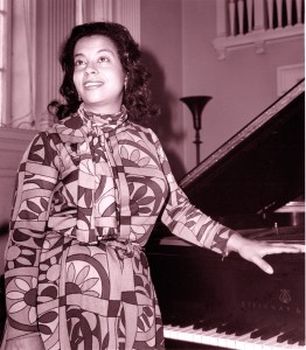 Concert pianist Natalie Hinderas was born Natalie Leota Henderson
on June 15, 1927, to parents Abram Henderson and Leota Palmer Henderson
in Oberlin, Ohio. Hinderas came from a family of accomplished musicians.
Her great-grandfather had been a bandleader and teacher, her father
was a jazz pianist and bandleader who had toured Europe with his band,
and her mother was a piano instructor at the Cleveland Institute of Music.
She married Lionel Monagas and the two had daughter Michelle in 1964.
Concert pianist Natalie Hinderas was born Natalie Leota Henderson
on June 15, 1927, to parents Abram Henderson and Leota Palmer Henderson
in Oberlin, Ohio. Hinderas came from a family of accomplished musicians.
Her great-grandfather had been a bandleader and teacher, her father
was a jazz pianist and bandleader who had toured Europe with his band,
and her mother was a piano instructor at the Cleveland Institute of Music.
She married Lionel Monagas and the two had daughter Michelle in 1964.
Hinderas started learning the piano at age three and had her first full piano recital when she was eight. She debuted with the Cleveland Women’s Symphony Orchestra in 1939 at the age of 12, and was the youngest person ever to graduate from the Oberlin Conservatory’s Special Student’s School in 1945 with an honors degree in music. She won an audition for and attended the advanced study program at the Julliard School of Music in New York. Hinderas studied under prominent musicians at Julliard and continued her studies at the Philadelphia Conservatory of Music from 1948 to 1953. [Note from another source: One of her teachers at Juilliard, Olga Samaroff (who had changed her surname from Hickenlooper), convinced Natalie Henderson to change her name to the more exotic Hinderas.]
After finishing at the Philadelphia Conservatory, Hinderas made her European debut and got a position with NBC-TV to make guest appearances on network programs. She gave televised recitals and concerts abroad as well, traveling to Austria, England, Germany, and Italy in 1957 and 1958.
Hinderas was committed to exposing new audiences to classical music and went on a four month tour with the U.S. State Department in 1959 to Northern and Central Europe, the Middle East, and Southeast Asia, giving concerts and lectures on American music; she went on another State Department tour in 1964. In 1966 Hinderas was hired as a faculty member at Temple University College of Music, where she taught and toured other colleges and music festivals. She began a tour of black colleges in 1968 where she performed music by black composers and gave lectures on African American classical musicians. As a consequence of that work, she recorded and released the album “Natalie Hinderas Plays Music by Black Composers” in 1971.
Hinderas became the first black woman to appear as an instrumental soloist in the regular series of a major U.S. symphony when she played with the Philadelphia Orchestra in the fall of 1971. She then went on to play with a number of major orchestras across the nation.
Hinderas spent much of the rest of her life performing and giving lectures and programs on African Americans in classical music. She passed away on July 22, 1987 in her home in Philadelphia after suffering from cancer.
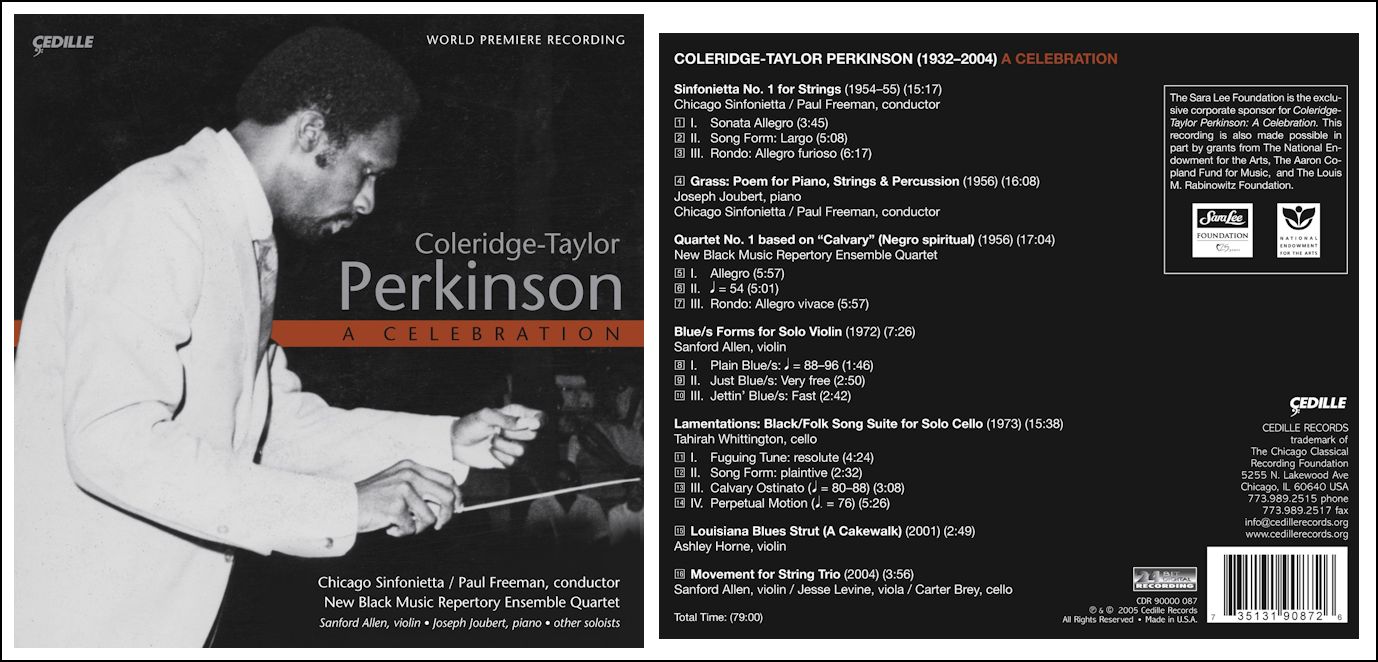
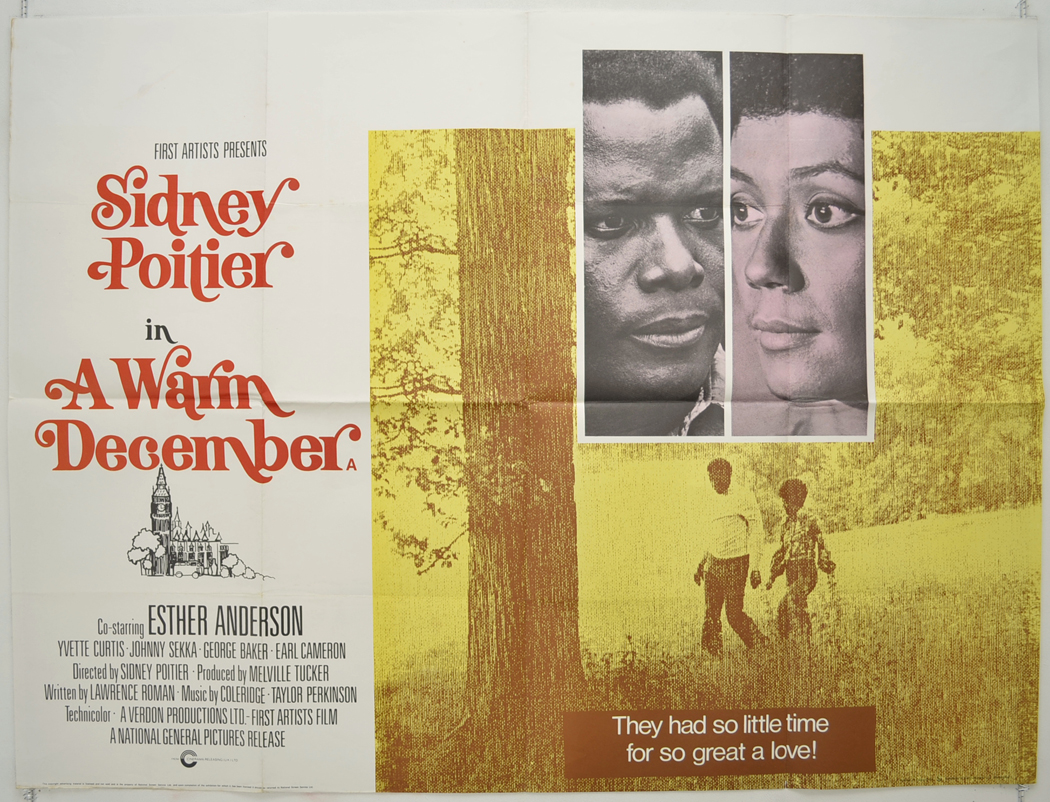
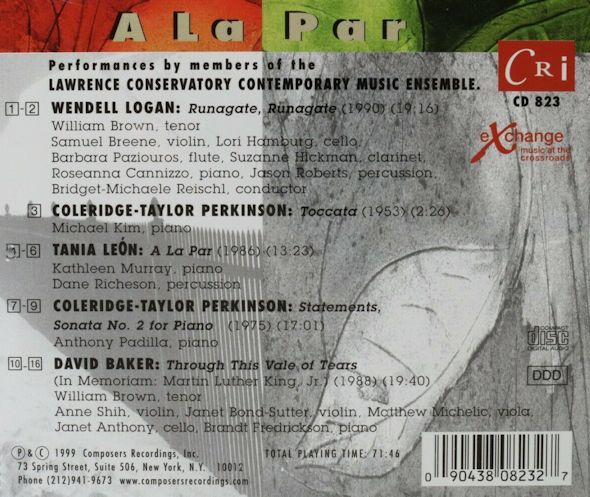
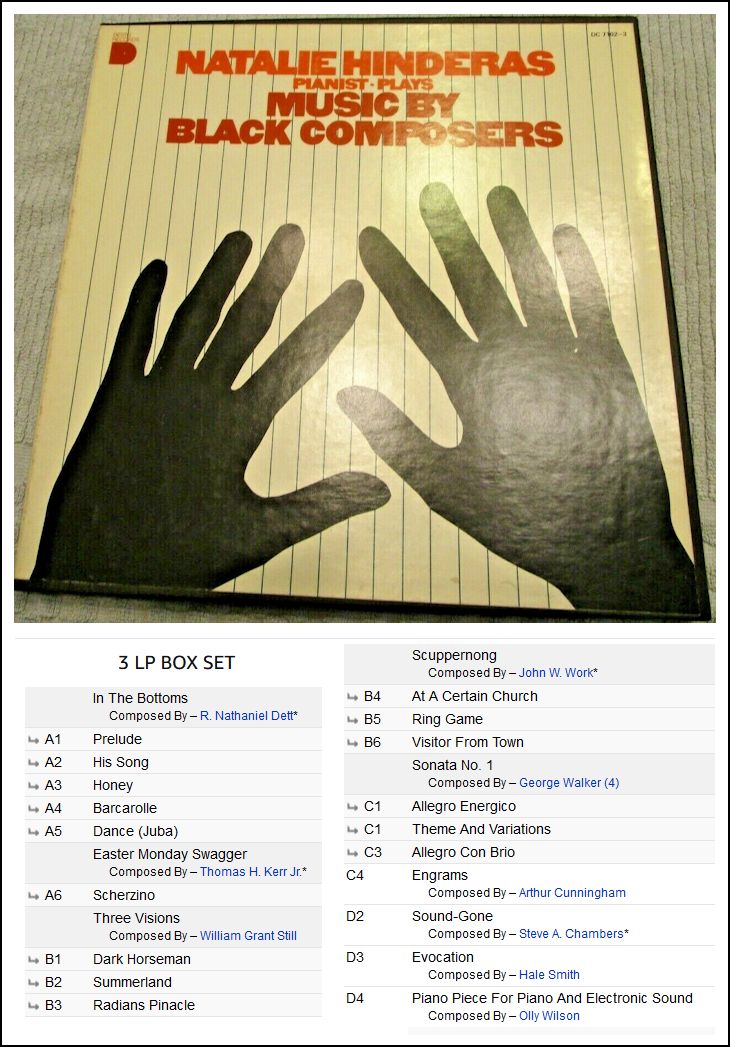
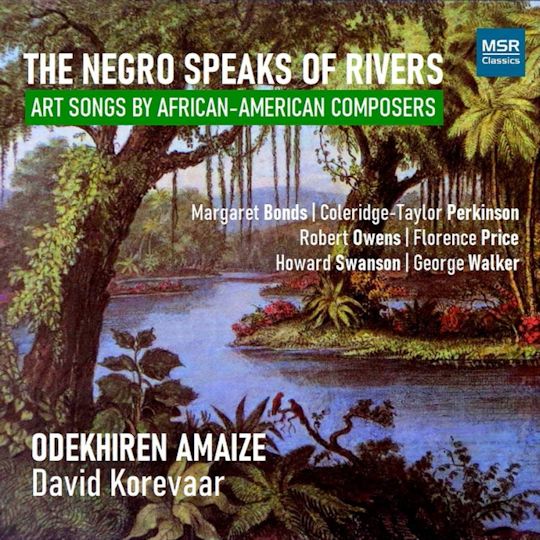
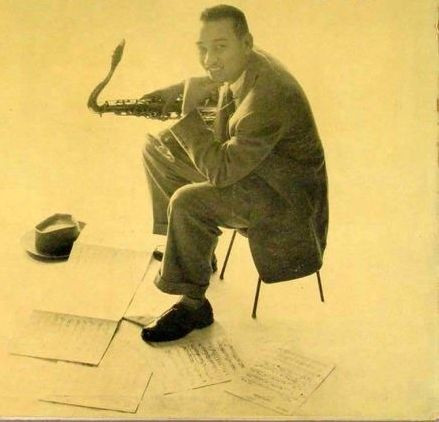
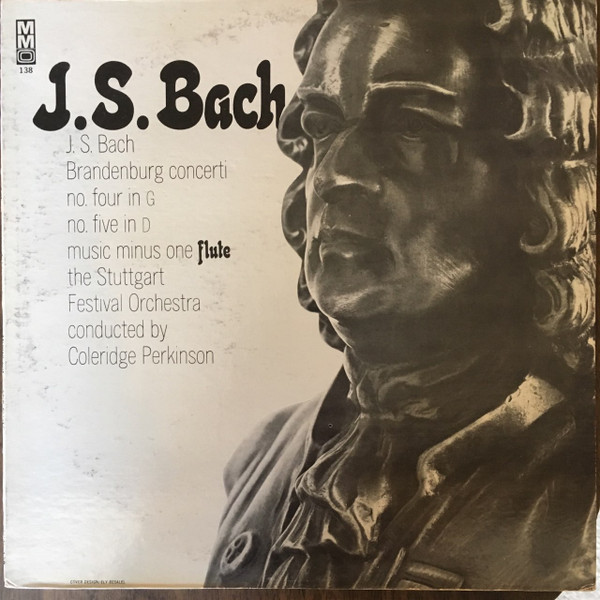
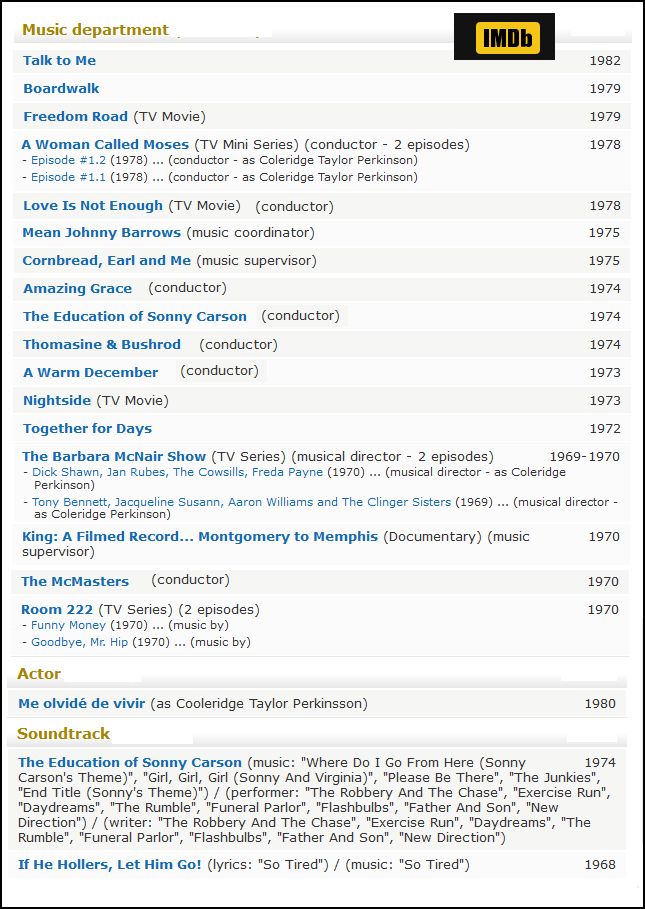
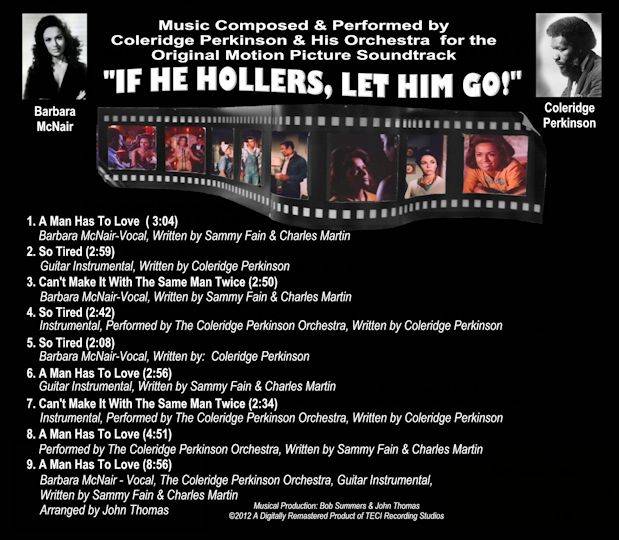
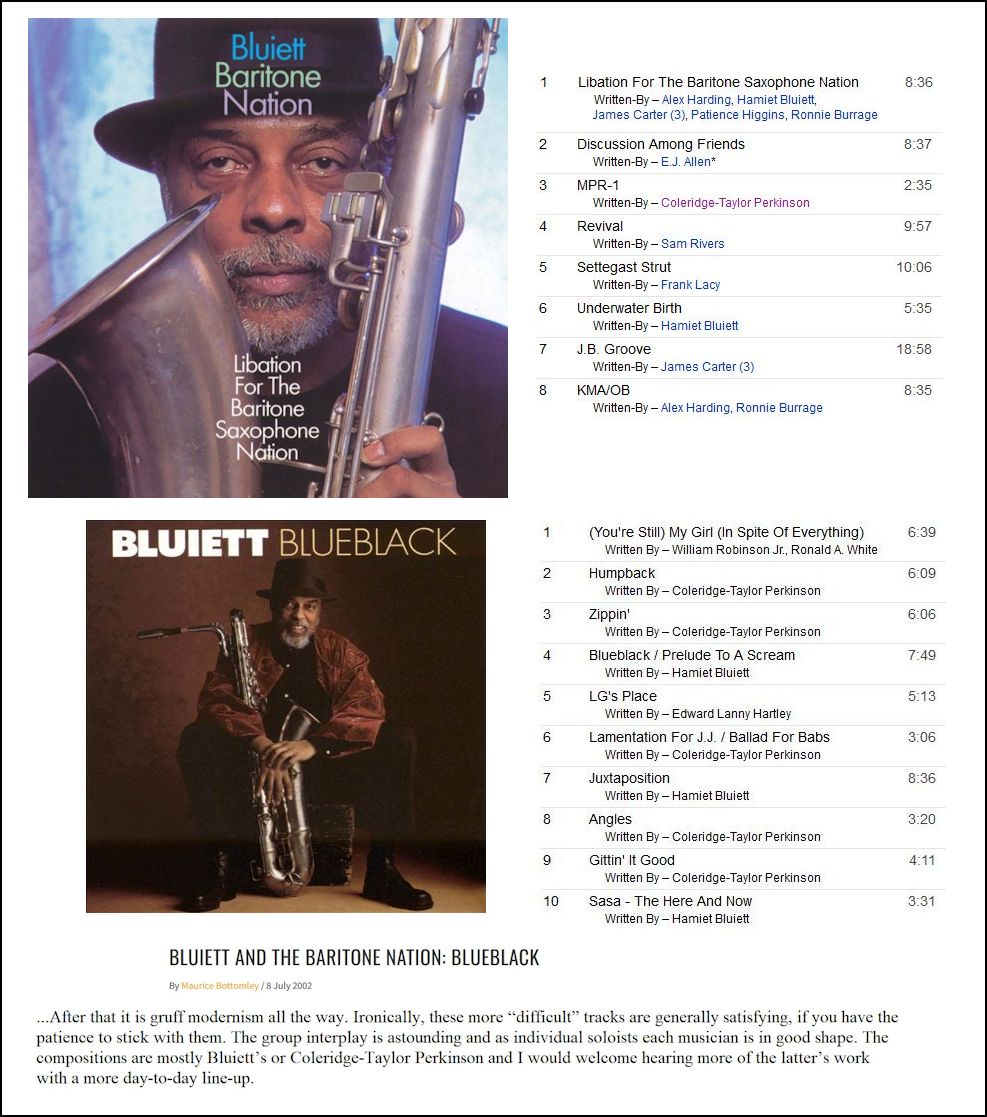
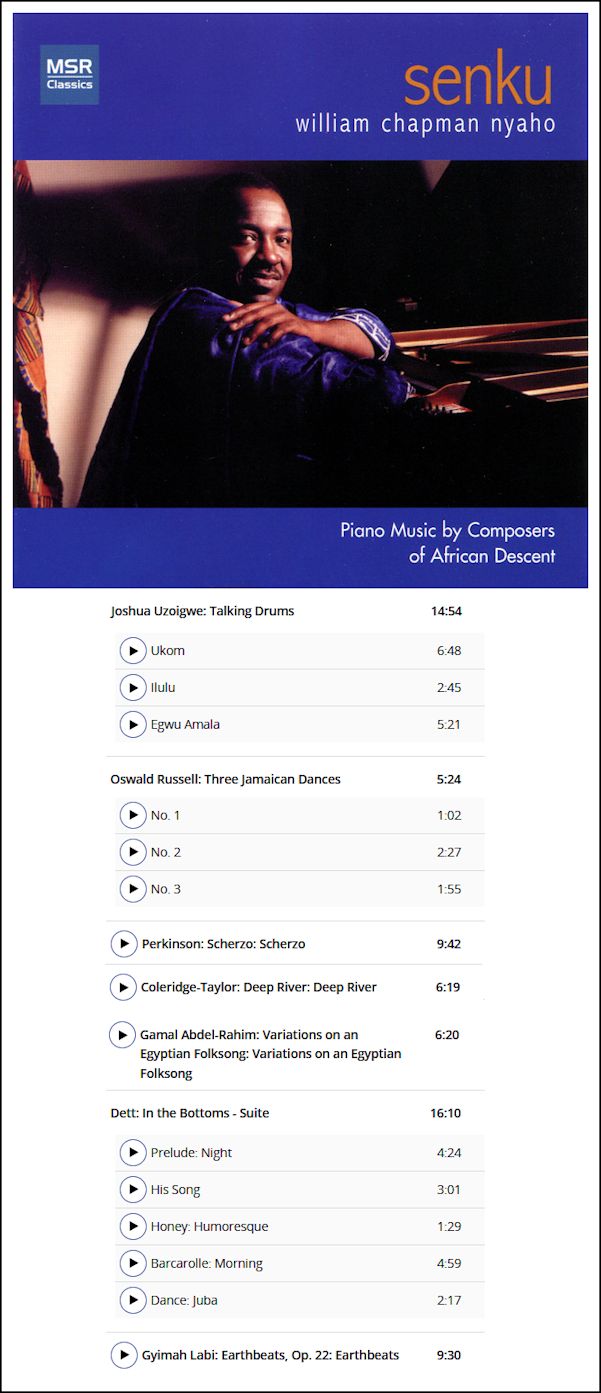
 Vicente Lusitano was a sixteenth-century composer and musical theorist
perhaps most famous for winning a public debate with Nicola Vicentino
and for his important book on theory entitled Introdutione facilissima
et novissima de canto ferma (1553). Although he has long been a well-known
figure among musicologists, the fact that he was Black has been almost
entirely erased from memory. Described in contemporary sources as a “pardo”
(Portuguese for mulatto), he was likely born to a white father and a Black
mother in Portugal around 1522. An ordained Catholic priest, he traveled
to Italy, perhaps in the entourage of Portugal’s ambassador to Rome. There
he made his name as a highly sought-after music teacher, although his
challenging compositions and lack of a powerful patron made it difficult
for him to advance his career. Somewhere around 1556, Lusitano converted
to Protestantism and married before seeking refuge in 1561 at the court
of the Protestant Duke Christoph of Württemberg and disappearing
from the historical record.
Vicente Lusitano was a sixteenth-century composer and musical theorist
perhaps most famous for winning a public debate with Nicola Vicentino
and for his important book on theory entitled Introdutione facilissima
et novissima de canto ferma (1553). Although he has long been a well-known
figure among musicologists, the fact that he was Black has been almost
entirely erased from memory. Described in contemporary sources as a “pardo”
(Portuguese for mulatto), he was likely born to a white father and a Black
mother in Portugal around 1522. An ordained Catholic priest, he traveled
to Italy, perhaps in the entourage of Portugal’s ambassador to Rome. There
he made his name as a highly sought-after music teacher, although his
challenging compositions and lack of a powerful patron made it difficult
for him to advance his career. Somewhere around 1556, Lusitano converted
to Protestantism and married before seeking refuge in 1561 at the court
of the Protestant Duke Christoph of Württemberg and disappearing
from the historical record.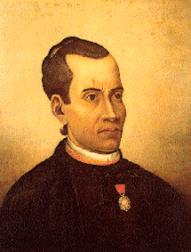 José Mauricio Nunes Garcia (1767-1830) was an Afro-Brazilian
composer and organist who was the grandson of slaves. Over 240 works of
music by Garcia have survived. Garcia’s mother was Vitória Maria
da Cruz and his father was Apolinário Nunes Garcia, a tailor. Garcia
was born in Rio de Janeiro on September 22, 1767. Salvador José
de Almeida e Faria taught the youth music. A biographer, Manuel de Araújo
Porto Alegre, wrote that Garcia sang beautifully, wrote music, and played
the harpsichord and guitar without lessons. The biographer adds that Garcia
taught music from age 12, and was educated in the Royal Classes.
José Mauricio Nunes Garcia (1767-1830) was an Afro-Brazilian
composer and organist who was the grandson of slaves. Over 240 works of
music by Garcia have survived. Garcia’s mother was Vitória Maria
da Cruz and his father was Apolinário Nunes Garcia, a tailor. Garcia
was born in Rio de Janeiro on September 22, 1767. Salvador José
de Almeida e Faria taught the youth music. A biographer, Manuel de Araújo
Porto Alegre, wrote that Garcia sang beautifully, wrote music, and played
the harpsichord and guitar without lessons. The biographer adds that Garcia
taught music from age 12, and was educated in the Royal Classes.